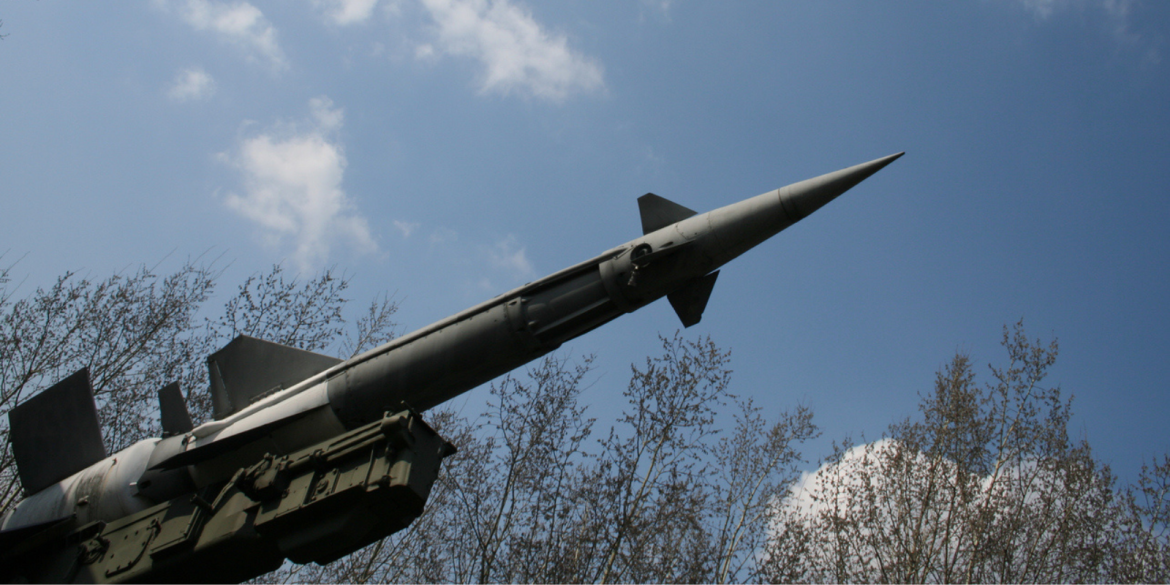
The Gaza War Omnibus by Agam Labs at Hebrew University of Jerusalem is a series of surveys. Each survey represents a comprehensive exploration within a diverse cross-section of Israeli society. These successive studies meticulously capture the evolving sentiments and perspectives of the Israeli public, offering frequent snapshots of attitudes and feelings prevalent across various segments of the community. Rooted in a robust and inclusive sampling methodology, these findings showcase the dynamic responses and viewpoints emerging amidst the ongoing conflict. The series of surveys intricately trace the fluid developments and shifting public sentiment throughout the duration of the 2023 Gaza War, providing a detailed and updated understanding of the ever-evolving landscape of attitudes within the Israeli public sphere.
This sample mirrors the demographic makeup of Israeli adult society, encompassing a diverse range of factors including gender, age, levels of religiosity, geographical location, political affiliations, and voter turnout in the recent elections for the 25th Knesset. Notably, all respondents actively participated in multiple prior assessments throughout the campaign’s evolution, facilitating a comprehensive exploration of fundamental perspectives and changes within this cohort.
Highlights
Israeli public opinion is split regarding the appropriate response to the Iranian attack – 52% believe Israel shouldn’t respond, aiming to end the current round of the conflict, while 48% argue that Israel should respond even if it means extending the current round of the conflict.
28% support military action even if it leads to a larger overall war, 34% oppose it, and 38% don’t know.
Israel and its Allies (USA, UK and moderate Arab countries)
74% of Israelis oppose counter-attacking Iran if it undermines Israel’s security alliance with its allies. However, 26% think Israel should strike back at Iran even at the cost of harming coordination with its allies.
56% of Israelis believe that Israel should respond positively to political and military demands from its allies to ensure a sustainable defense system over time. 32% are undecided, and 12% disagree.
59% believe that American aid to Israel against the Iranian attack obligates Israel to coordinate security actions down the road with America. 26% are undecided, and 15% disagree.
44% of Israelis support military action in Rafah if at the cost of a crisis in Israel’s foreign relations and damage to its relations with the US, 31% are undecided and 25% disagree.
The day after – 43% of the public believes that Israel should rely on its allies in the future settlement of the issue of the day after in Gaza. 33% are undecided, and 24% oppose this.
Online Link: https://docsend.com/view/2h42u39p22x5b2bx
Researchers:
Nimrod Nir, Ido Seltzer and Nimrod Zeldin – Hebrew University of Jerusalem
Asa Shapira and Roy Schulman – Tel Aviv University
Methodology
The Gaza War Omnibus – April 15, 2024, was prepared by Agam Labs at the Hebrew University of Jerusalem. The survey was conducted via the internet and by telephone between April 14-15, 2024 with 1,466 men and women consisting of a nationally representative sample of the adult population in Israel aged 18 and over (Jews and Arabs). The margin of sampling error stands at +4.2%, affirming a confidence level of 99%. Field work was carried out by iPanel.
The Hebrew University of Jerusalem is Israel’s premier academic and research institution. With over 25,000 students from 90 countries, it is a hub for advancing scientific knowledge and holds a significant role in Israel’s civilian scientific research output, accounting for nearly 40% of it and has registered over 11,000 patents. The university’s faculty and alumni have earned eight Nobel Prizes and a Fields Medal, underscoring their contributions to ground-breaking discoveries. In the global arena, the Hebrew University ranks 86th according to the Shanghai Ranking. To learn more about the university’s academic programs, research initiatives, and achievements, visit the official website at http://new.huji.ac.il/en
